Digital Culture and Information
- Department Interdisciplinary
- Academic Division The College
- Offerings Minor
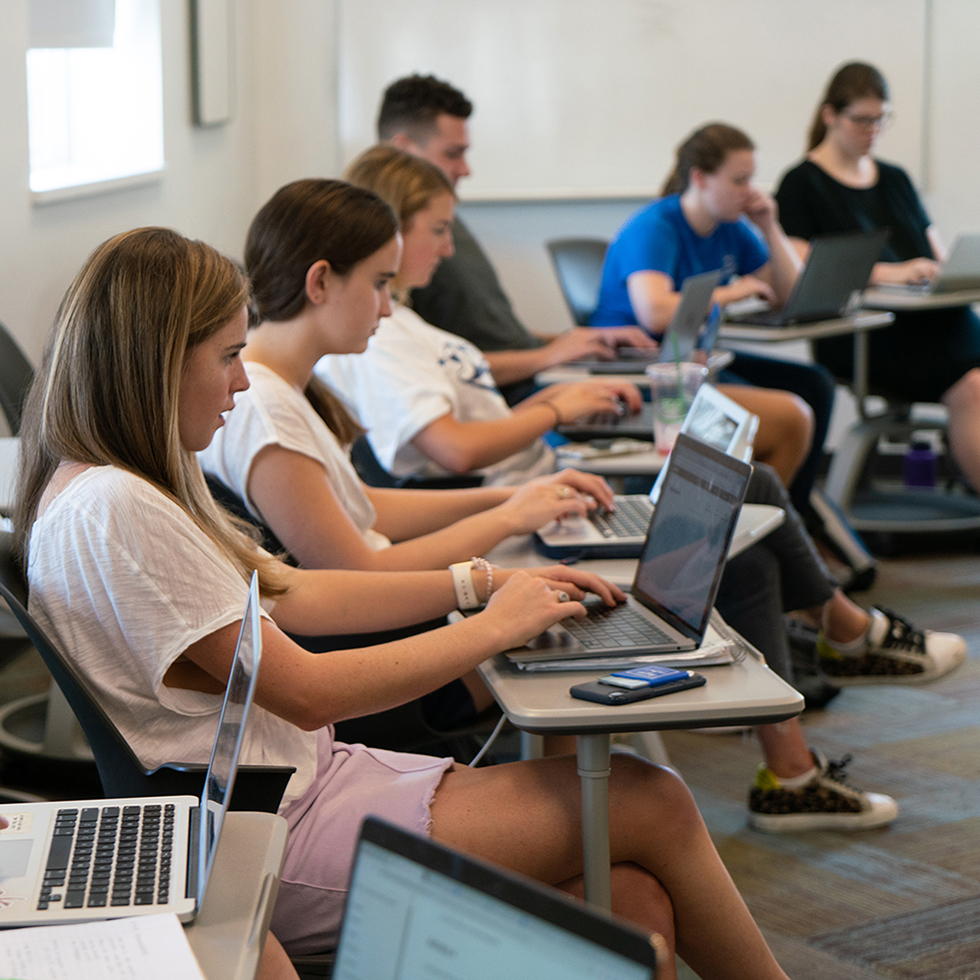

A minor in Digital Culture and Information (DCI) allows students to develop valuable technical skills and to explore how the digital age impacts knowledge and society. Through courses that integrate theory with hands-on practice, students will develop creative projects that demonstrate their emerging expertise in digital media.
Digital Culture and Information
The DCI Program at W&L is designed to teach students concepts and methods that will enhance their academic success within any major. Students participating in the program will gain significant experience with technological platforms, complex information resources and visual design. The course of study nurtures critical reflection on the underlying structure of information and not merely technical proficiency. A minor in Digital Culture and Information provides the foundation for a career in any field and for life as an informed citizen in a digital society.
The DCI minor opens pathways to careers in the technology sector that students do not normally encounter as undergraduates in a liberal arts college. In addition to teaching programming to non-programmers, DCI emphasizes the importance of design as an integral skill and way of thinking. Each student in the minor develops an online professional identity, including a portfolio of work and an extensive digital project that demonstrates creativity, technical skills and intellectual engagement.
Highlights
- Compatible with majors from both the College and the Williams School
- Learn the basics of web development and programming and apply them to work in your major
- Communication and information skills prepare you for a wide range of careers
- When relevant, capstone or thesis work can be combined with work in your major
DCI minors are encouraged to develop their own digital research projects, and to work as research assistants on faculty projects. Recent faculty Digital Humanities projects that students have contributed to include:
Florence As It Was, a digital reconstruction of the city that allows you to review, inspect, tour and visit the streets, palaces, churches, shops and offices that formed the fabric of one of Europe’s most vibrant cities.
The Ancient Graffiti Project, a digital resource and search engine for locating and studying graffiti of the early Roman empire from the cities of Pompeii and Herculaneum.
The Huon d’Auvergne Digital Edition, an international, inter-institutional, interdisciplinary project that presents the Franco-Italian Huon d’Auvergne romance-epic to a general audience for the first time.
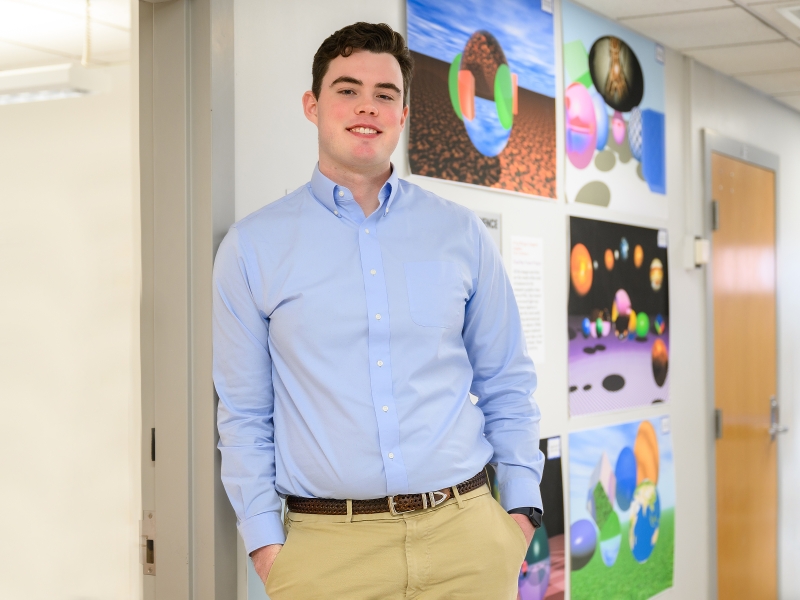
Ford Scott '25 enjoys the intersection of technology and the humanities and has furthered his interests through independent study and internships.
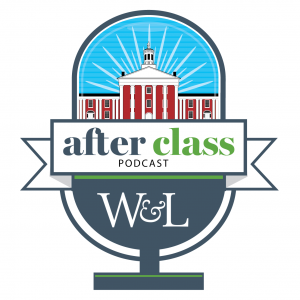
‘After Class’ Podcast Features Tom Camden
"W&L After Class" invites listeners to join conversations with W&L's expert faculty about their teaching, research and passion projects.
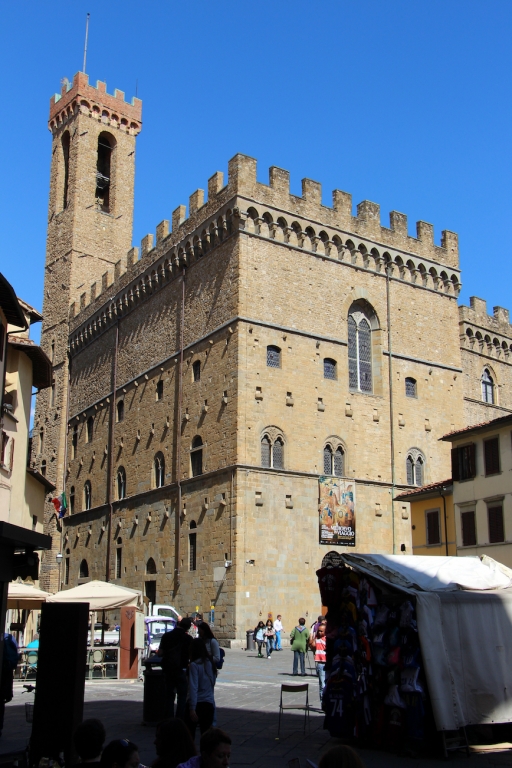
W&L Trio Publishes Article in the Heritage Science Journal
George Bent, David Pfaff and Mackenzie Brooks teamed up to profile the 3D reconstruction of historic sites in Florence, Italy.

W&L Library and Institutional History staff joined Mellon-funded initiative On These Grounds with several partner universities to catalog events in enslaved people’s lives.
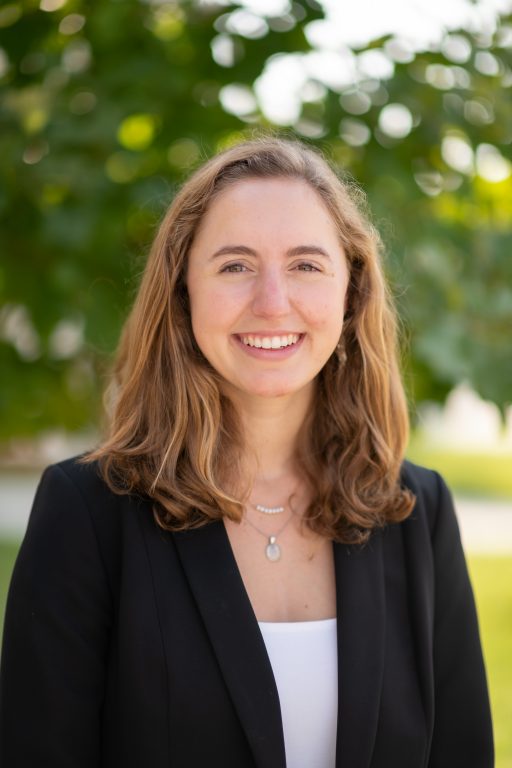
W&L’s Gavron Campbell ’22 Awarded Gilman Scholarship
Campbell has won a Gilman Scholarship to do an internship in Barcelona, Spain.
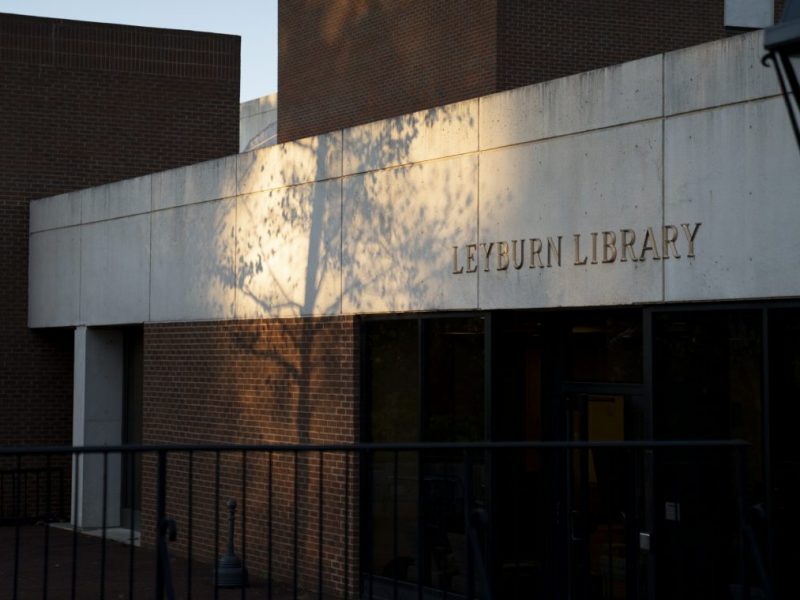
‘Preserving as Much as We Can’
The Washington and Lee University library is working to preserve documents relating to COVID-19 and diversity and inclusion discussions.
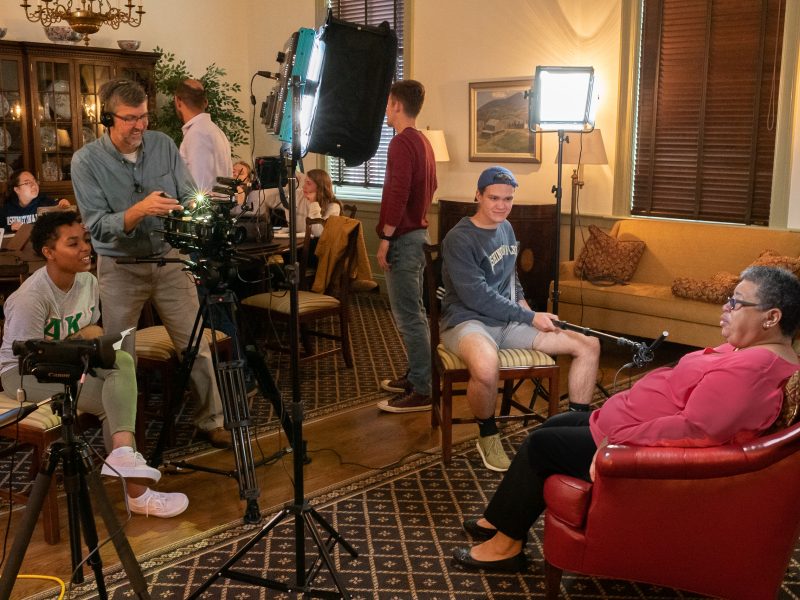
MaKayla Lorick '19 is collecting oral histories from African-American alumni, faculty and staff as part of a project that aims to include those missing perspectives in Washington and Lee University's history of desegregation and integration.
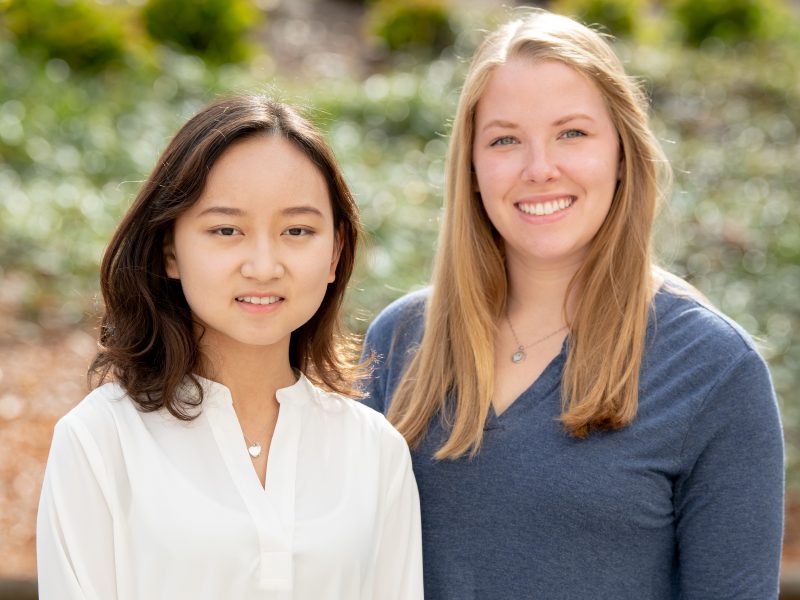
Decoding Technology, Opening Doors
Women in Technology workshops introduced Ruopeng Zhang '21 and Caroline Blackmon '19 to basic web development in a collaborative and fun environment. They urge other students to take advantage of the next round of workshops.
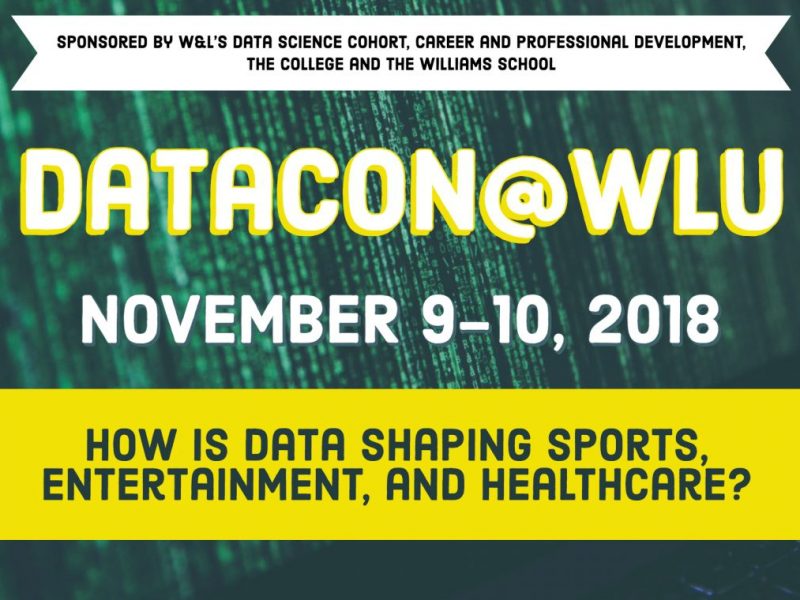
W&L to Host Second DataCon Event
The event will focus on how data is shaping sports, entertainment, and healthcare.
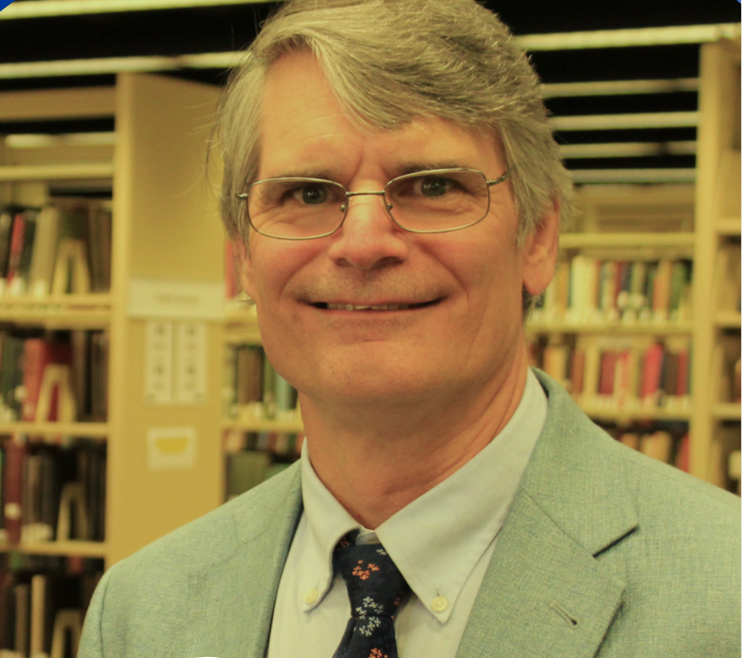
John Tombarge to Give 2018 Endowed Chair Lecture
Tombarge’s talk, which is free and open to the public, is titled “Championing the Lead Casket: Library Leadership in the 21st Century.”
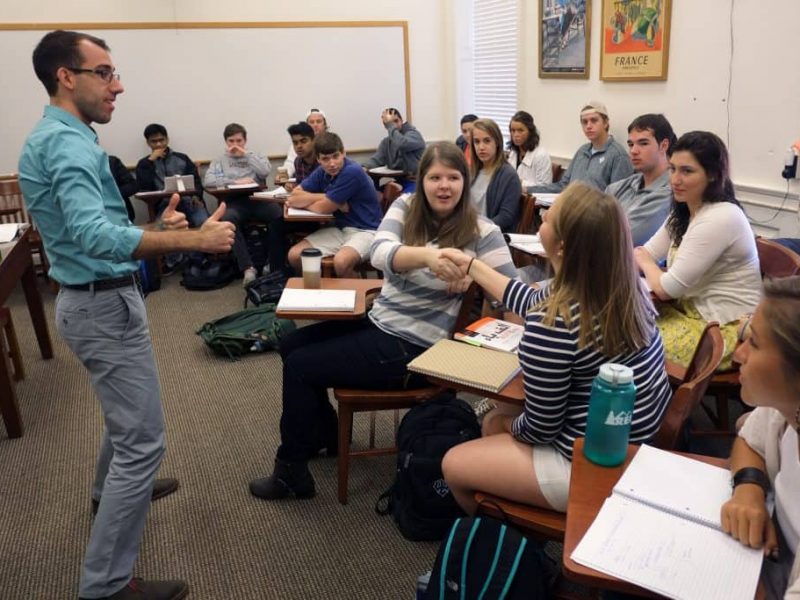
In response to student demand, Washington and Lee University has added three new interdisciplinary minors to enrich its curriculum.
Sample Courses
At W&L, we believe education and experience go hand-in-hand. You’ll be encouraged to dive in, explore and discover connections that will broaden your perspective.
DCI 101
Digital Culture and Information
What does it mean to be a citizen of a digital world? How do you think critically about the ways that technology shapes our society? How do you learn new digital skills when platforms are constantly changing? How do you find and use information effectively without being overwhelmed or mislead? Through hands-on activities and project-based learning, this course serves as an introduction to the study of digital culture and information. Students will develop the critical capacity and technological fluency necessary to understand, analyze, critique, and create in a world dominated by digital media, software algorithms, and information overload.
DCI 180
Black Mirrors & Digital Culture
In this seminar, we critically examine social media platforms, information repositories, apps and other tools to create personal understandings of how a tool or company's motive influences our personal use of information and how we interact with our community. Themes include online identity, privacy, democracy and the academic web.
DCI 175
Innovations in Publishing
An intensive introduction to the publishing industry with a focus on digital innovations. Students assemble an e-book from scratch and produce a print-on-demand book. Each class begins with news from the publishing industry and ends by examining job ads to understand the types of skills and experiences necessary for pursuing careers in this very broad field. This course focuses primarily on book publishing, particularly fiction.
DCI 110
Programming for Non-Programmers
Computer science and IT graduates are no longer the only people expected to have some knowledge of how to program. This course starts with a brief introduction to/review of HTML and CSS and then focuses on using JavaScript to write basic code and implement preexisting libraries to analyze and visualize data. Students become familiar with building a complete Web page that showcases all three languages.
DCI 393
Creating Digital Scholarship Seminar
This seminar provides students with the skills, theoretical background and methodological support to transform a work of traditional scholarship within an academic discipline into a public-facing work of digital scholarship. Students decide on a digital project in consultation with classmates and the instructor. Students survey and analyze examples of digital scholarship to determine what form each student's project should take.
Meet the Faculty
At W&L, students enjoy small classes and close relationships with professors who educate and nurture.
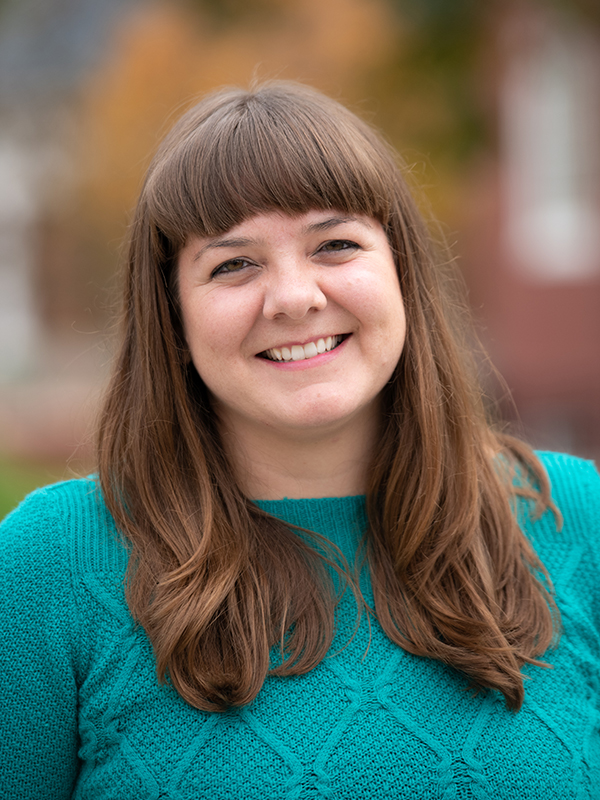

Mackenzie Brooks
Associate Professor and Digital Humanities Librarian
- P: 540-458-8659
- E: brooksm@wlu.edu
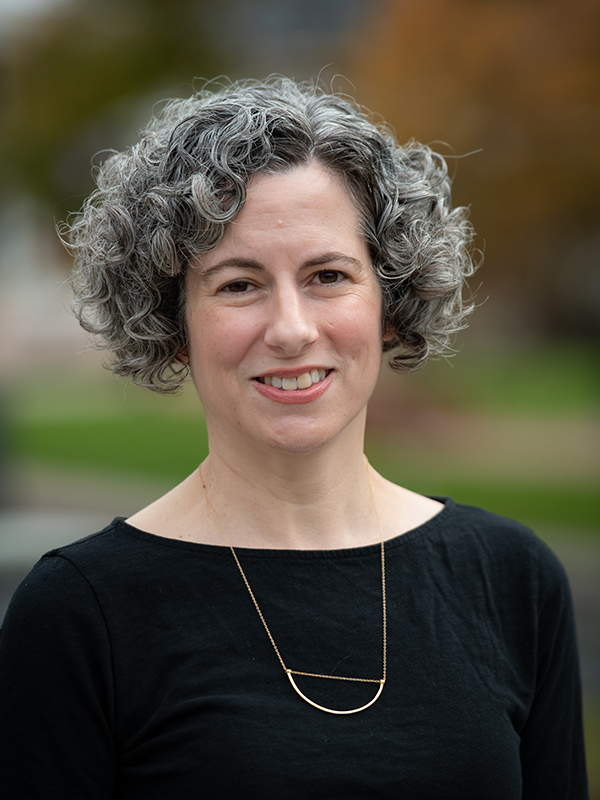

Mary Abdoney
Associate Professor, Research and Instruction Coordinator
- P: 540-458-8647
- E: abdoneym@wlu.edu
Abdoney teaches courses on web user experience in action and digital culture. She also works in and manages the Telford Science Library.


Jeff Barry
Associate Professor and Associate University Librarian
- P: 540-458-8641
- E: barryj@wlu.edu
Barry teaches courses listed under digital culture and information, journalism and writing. His research interests include digital storytelling, the evolution of literary magazines and social network analysis.
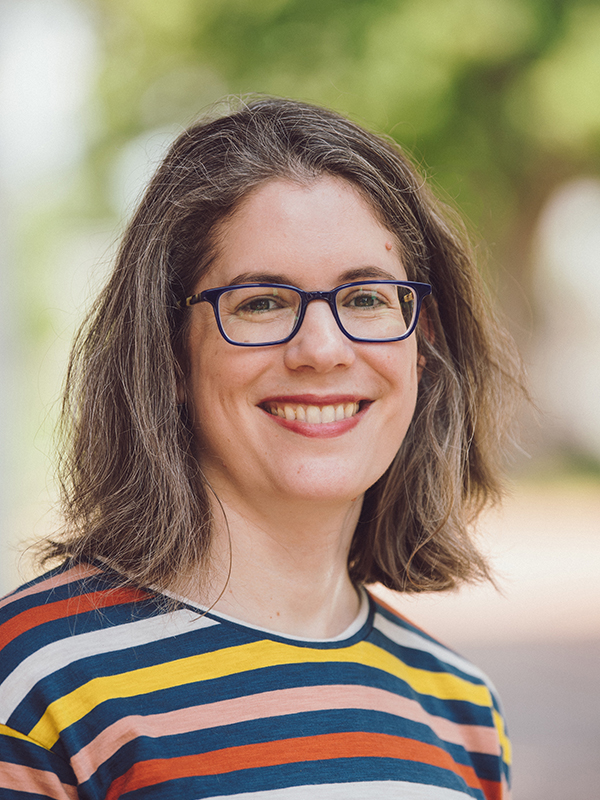

Sarah Horowitz
Professor of History
Horowitz teaches courses on modern European history and specializes in French history and the history of gender in Europe. She is writing a book on the politics of gender and sexuality in the Steinheil Affair of 1908-1909.
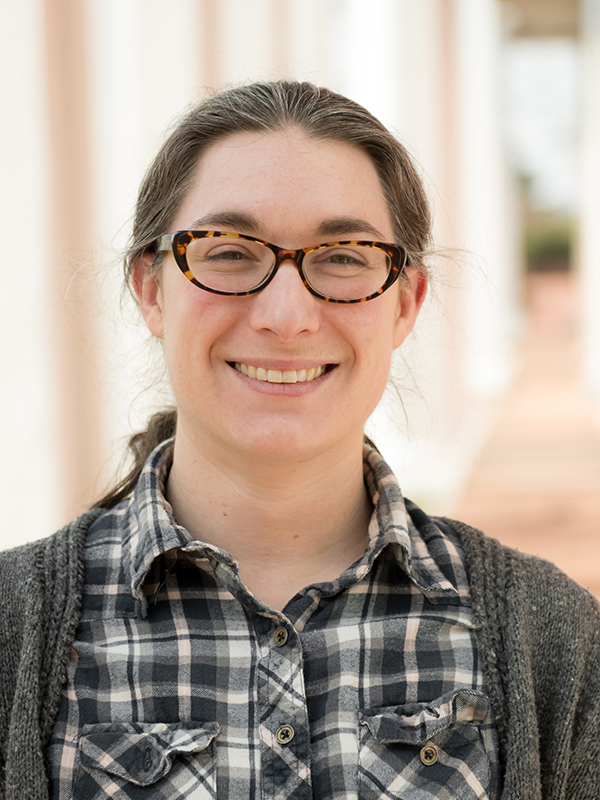

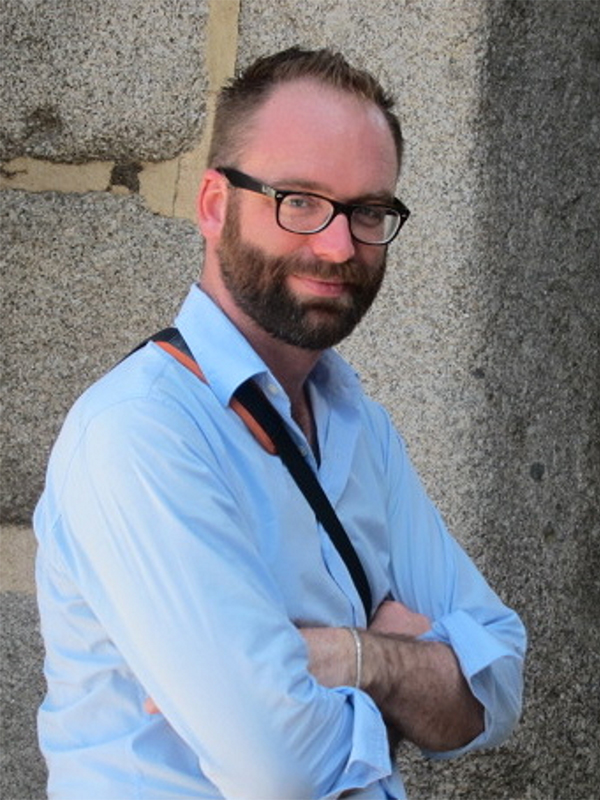

Stephen P. McCormick
Medieval and Renaissance Studies; Associate Professor of French and Italian
McCormick heads W&L's Medieval and Renaissance Studies Program and teaches courses on French language and culture. He also supervises the French study abroad program. He has researched old French epic and medieval/early modern Italian cartography.
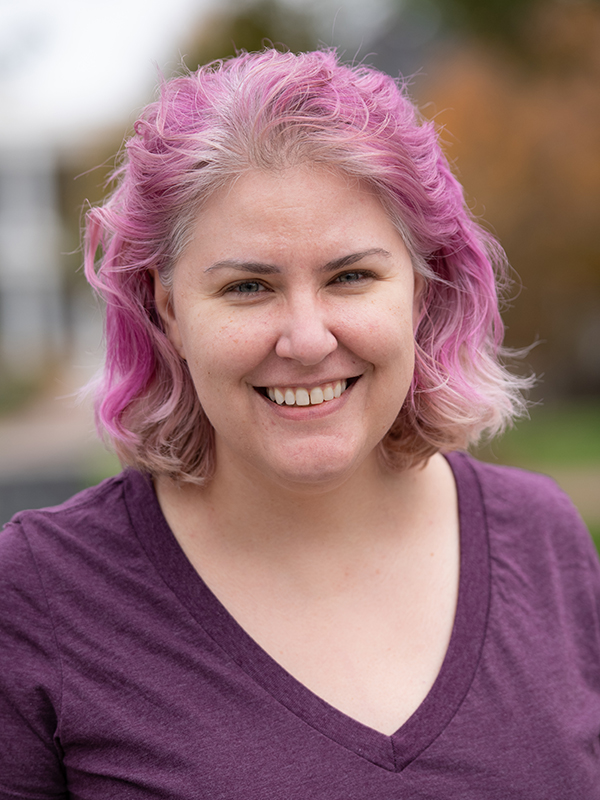

Elizabeth Teaff
Associate Professor, Head of Access Services
- P: 540-458-8645
- E: teaffe@wlu.edu
Teaff is an associate professor of Digital Culture and Information, and head of Access Services in the James G. Leyburn Library.







